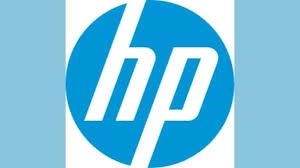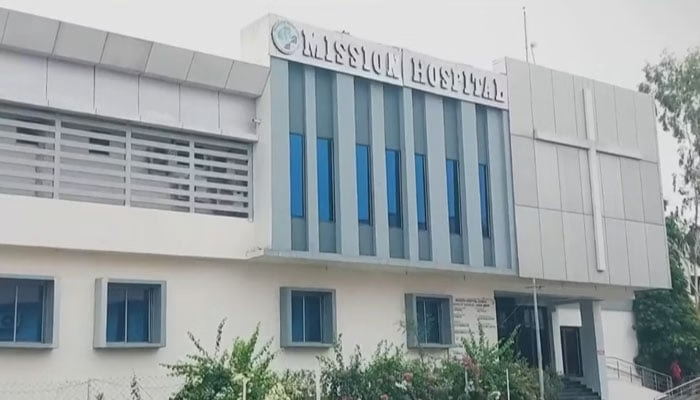HP Inc. announced on Tuesday that it plans to cut 4,000 to 6,000 jobs globally by fiscal year 2028 as part of a sweeping efficiency initiative aimed at integrating artificial intelligence (AI) to accelerate product development, enhance customer satisfaction, and boost overall productivity.
Shares of the Palo Alto–based tech giant fell 5.5% in extended trading following the announcement.
HP CEO Enrique Lores said during a media briefing that teams involved in product development, internal operations, and customer support will be affected by the job cuts.
“We expect this initiative will create $1 billion in gross run rate savings over three years,” Lores noted.
This move comes months after HP laid off an additional 1,000 to 2,000 employees in February under an earlier restructuring plan.
AI-Enabled PCs Surging, but Memory Chip Prices Pose a Threat
Demand for AI-enabled PCs continues to climb, accounting for more than 30% of HP’s shipments in the quarter ending October 31.
However, analysts at Morgan Stanley have warned that a global surge in memory chip prices, driven by soaring AI infrastructure demand and intensified competition in server markets, could squeeze profits for PC makers including HP, Dell, and Acer.
AI growth has pushed up prices of DRAM and NAND chips — key components in both PCs and servers.
Lores said HP expects the price impact to hit in the second half of fiscal 2026, though the company has sufficient inventory to cover the first half.
“We are taking a prudent approach to our guide for the second half, while implementing aggressive actions — such as qualifying lower-cost suppliers, reducing memory configurations and adjusting pricing,” he added.
Financial Outlook Weighs on Shares
HP forecasts fiscal 2026 adjusted earnings per share between $2.90 and $3.20, below analyst expectations of $3.33, according to LSEG data.
For the first quarter, HP expects adjusted EPS between 73 and 81 cents, with the midpoint slightly below estimates.
Revenue for the fourth quarter came in at $14.64 billion, beating expectations of $14.48 billion.



